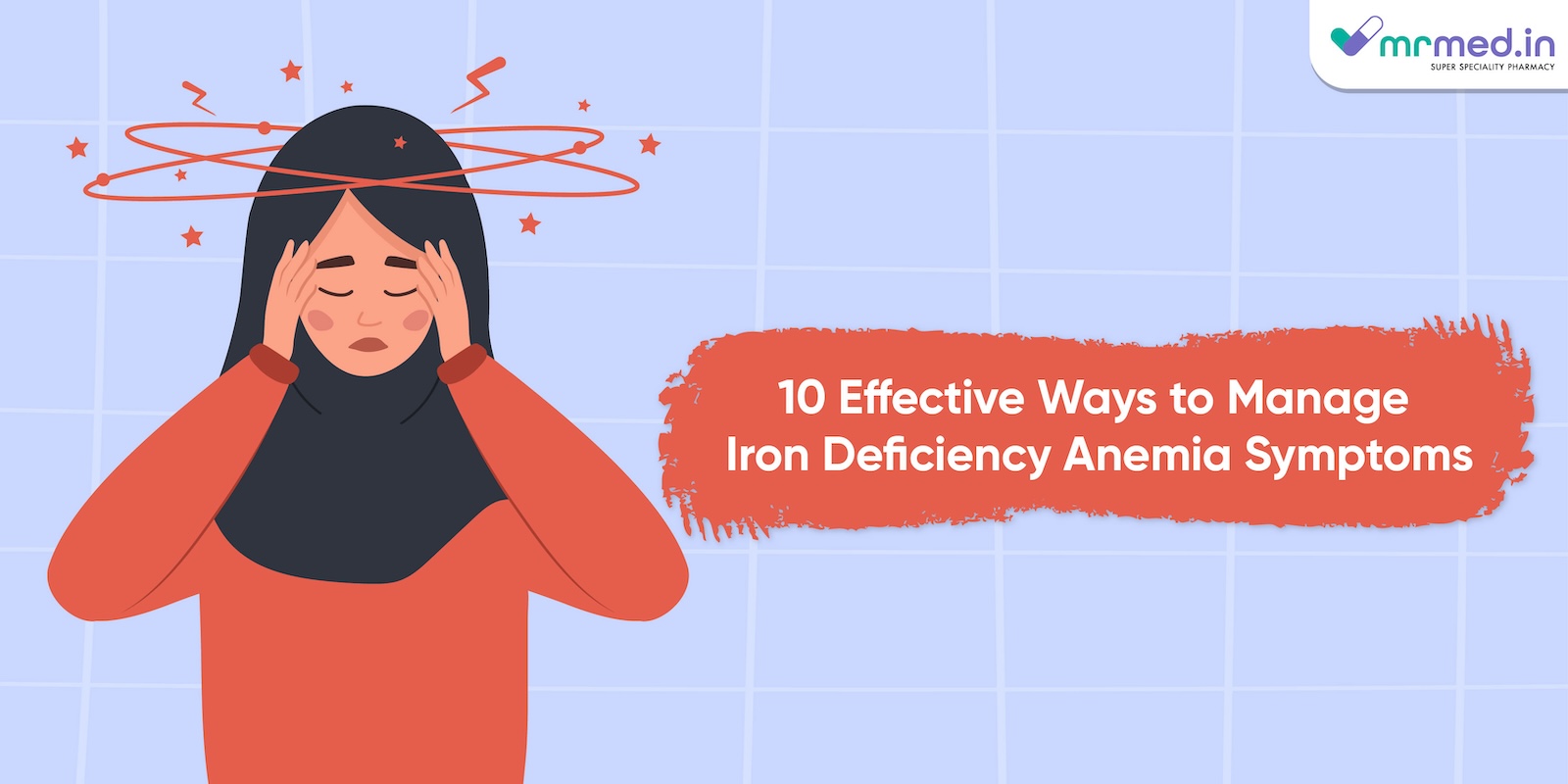 Conversion-Focused Landing Pages – More Leads, Less Bounce!
Conversion-Focused Landing Pages – More Leads, Less Bounce!
Exploring Natural Remedies and Supplements for Type 2 Diabetes Management
Written by MrMed.in » Updated on: June 17th, 2025

Type 2 diabetes is a metabolic disorder that affects millions of individuals worldwide. As the global prevalence of this condition continues to rise, effective management strategies become increasingly important.
Traditional treatments often involve lifestyle modifications, medications, and sometimes insulin therapy. However, many individuals are also turning to natural remedies and dietary supplements to complement their diabetes management plans.
In this blog, we will discuss various natural strategies for enhancing blood sugar control and overall health, emphasising the importance of a holistic approach to living with type 2 DM.
What are the causes of type 2 diabetes?
The primary factor behind Type 2 diabetes is characterised by insulin resistance, a condition where the body’s cells do not respond properly to insulin, leading to increased blood glucose levels. This condition is often associated with risk factors such as obesity, a sedentary lifestyle, ageing, and genetic predisposition.
Management strategies typically involve lifestyle changes, including improved diet and increased physical activity, medications like metformin, and newer agents such as Rybelsus 14mg Tablet, which contains semaglutide. While these traditional interventions are effective, exploring complementary strategies can further enhance diabetes management.
What is a healthy lifestyle for type 2 diabetes?
A healthy lifestyle is essential for successful diabetes management. This encompasses not only nutrition but also physical activity and mental well-being. Here’s how each component contributes to better blood sugar control:
1. Nutrition
Nutrition is paramount for managing blood sugar levels. A well-balanced diet can stabilise glucose levels, promote weight management, and improve overall health. Here are some key dietary strategies:
- Focus on whole foods: Prioritize whole, unprocessed foods such as fruits, veggies, whole grains, lean proteins, and healthy fats. These foods provide essential nutrients and fibre, which can help control blood sugar.
- Low glycemic index (GI) foods: Incorporating foods with a low GI can prevent spikes in blood sugar. Examples include non-starchy vegetables, legumes, and whole grains.
- Portion control and meal timing: Regular meal times and appropriate portion sizes can help maintain stable glucose levels. Try using smaller plates to help reduce portions and avoid excessive snacking.
2. Physical activity
Regular physical activity is important for enhancing insulin sensitivity and aiding in weight management. The American Diabetes Association recommends at least 150 minutes of moderate aerobic exercise each week.
Types of exercise: Activities such as brisk walking, cycling, swimming, and resistance training are beneficial.
- Incorporating movement into daily life: Seek ways to add more physical activity to your day-to-day routine. This could mean choosing the stairs over the elevator, leaving your car further from your destination, or participating in active hobbies.
3. Stress Management
Chronic stress can exacerbate insulin resistance and negatively impact blood sugar control. Stress management techniques are essential for emotional and physical well-being.
- Mindfulness and meditation: Practices like yoga and mindfulness meditation can help relieve stress and improve mental clarity. Even short daily sessions can be beneficial.
- Physical activities: Yoga and tai chi promote relaxation and incorporate physical movement, providing dual benefits for mental and physical health.
- Social support: Engaging with friends and family can provide emotional support, decreasing feelings of isolation and stress.
What are the natural supplements for type 2 diabetes?
Alongside lifestyle changes, various natural remedies and dietary supplements have demonstrated the potential to aid diabetes management. While further research is necessary, some options may enhance glycemic control and overall well-being.
- Cinnamon May enhance insulin sensitivity and lower fasting blood sugar. It can be easily added to oatmeal, yoghurt, or smoothies.
- Berberine: A plant compound shown to lower blood sugar, improve insulin sensitivity, and reduce liver glucose production. It may be as effective as metformin.
- Alpha-Lipoic Acid: An antioxidant that can reduce insulin resistance and improve neuropathy. Found in foods like spinach and broccoli, it may also be taken as a supplement.
- Magnesium: Essential for insulin action and glucose metabolism; low levels are linked to insulin resistance. Increasing intake through nuts, seeds, and leafy greens can aid glycemic control.
- Chromium: A trace mineral that may boost insulin sensitivity and lower blood sugar. Found in whole grains and broccoli, it can also be taken as a supplement.
- Bitter Melon: Traditionally used for its antidiabetic properties, it may lower blood sugar by mimicking insulin. It is available as juice, in dishes, or as a supplement.
- Fenugreek: High in soluble fibre, it can slow carbohydrate absorption and improve fasting blood glucose levels.
Combining natural remedies with conventional treatments
Natural remedies can complement traditional treatments but should not replace them. Combining these approaches can enhance diabetes management.
Always consult with a doctor before starting new supplements or making important dietary changes to ensure safety and avoid interactions with prescribed medications.
In a nutshell
Effectively managing type 2 diabetes necessitates a comprehensive approach that incorporates lifestyle changes, dietary adjustments, and natural remedies. By focusing on balanced nutrition, regular physical activity, and stress management, individuals can significantly enhance their well-being and better control blood sugar levels.
Natural remedies like cinnamon and berberine can offer additional support when integrated thoughtfully into a comprehensive management plan. The aim is to attain improved health results and a higher quality of life. With the right strategies, individuals can take proactive steps toward effectively managing their condition and improving their overall vitality.
Note: IndiBlogHub features both user-submitted and editorial content. We do not verify third-party contributions. Read our Disclaimer and Privacy Policyfor details.
Copyright © 2019-2025 IndiBlogHub.com. All rights reserved. Hosted on DigitalOcean for fast, reliable performance.
















